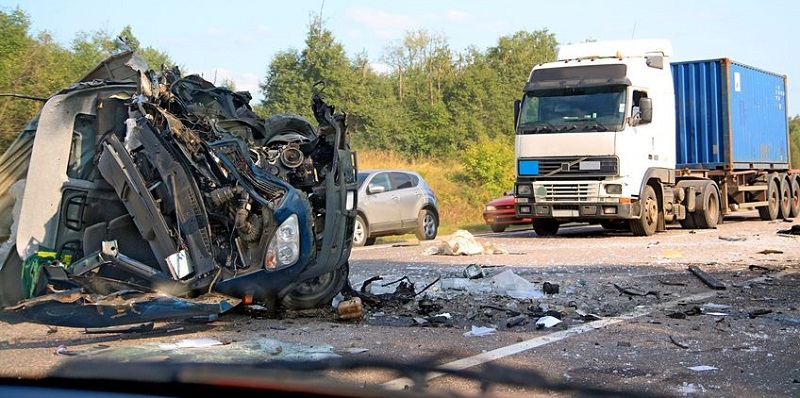Law enforcement officers arrest more than 260,000 people every year for alcohol-related car accidents in Colorado.
Colorado Severely Penalizes Those Who Drink, Drive, and Injure Others
Drunk driving is one of the leading causes of car accidents and injuries in Colorado and across the U.S. Each year, more than 26,000 people are arrested for drunk driving in Colorado, and more than 33 percent of all the state’s traffic fatalities are related to drinking and driving.
Here are the legal blood alcohol concentration (BAC) limits for drivers in Colorado:
- 05 – driving while ability impaired (DWAI)
- 08 – driving under the influence (DUI)
- 02 – legal limit for drivers under 21 years of age
In our state, a motorist may be classified as a persistent drunk driver and subject to stiffer penalties if his or her BAC registers at 0.15.
Proving an Alcohol-Related Auto Accident
To prove that a driver was drunk at the time of an accident, an injured plaintiff will need to introduce some or all of the following evidence:
Witness Testimony
If there were any witnesses to your accident (including yourself), their testimony would be critical in describing the way the other driver operated their vehicle. Some signs of drunk driving include swerving, erratic driving, changing lanes abruptly, aggressive driving (following too closely or speeding), and leaving the scene of an accident. Law enforcement personnel can also provide important testimony regarding the driver’s speech patterns and mannerisms following an accident, and the results of any field sobriety tests administered.
Statements Made by the Defendant
Anything the defendant said at the scene of a car accident is relevant to the case, such as an apology or an admission of guilt. If you spoke to the negligent driver at the scene, take careful notes about the conversation and check the police report, as they may have also spoken to law enforcement about the circumstances surrounding the incident.
Breathalyzer Evidence
If the driver was given a breathalyzer test at the scene, was cited for reckless or drunk driving, or was convicted of a DUI, this evidence is generally very damning and can be introduced at trial if it has been authenticated by the investigating police officer.
Refusal to Be Tested
Colorado has an implied consent law, meaning that the law presumes that every licensed driver has consented to take a blood, breath, saliva, or urine test when asked to do so by law enforcement personnel who have probable cause to suspect that the person may be driving under the influence or driving while ability impaired. Refusal to take the test is a basis for the revocation of the person’s driver’s license and is admissible evidence in court.
Police Report
The police report generated by an investigating officer will often state which driver was at fault for the accident, but even if liability is clear, the plaintiff will still need to show that the defendant breached their duty to drive reasonably under the circumstances by operating an automobile while under the influence of alcohol.
Besides the potential for civil litigation, Colorado criminal law also punishes drunk drivers who cause serious accidents. If a driver is caught drunk after injuring someone in an accident, they could face a charge of vehicular assault-DUI, a Class 4 felony that carries a penalty of two to six years in prison and/or a fine ranging from $2,000 to $500,000.

